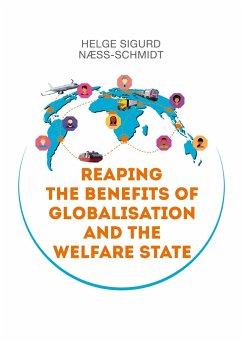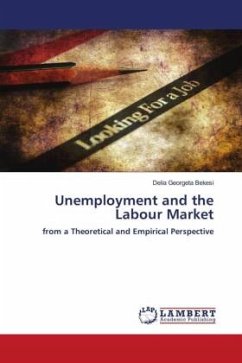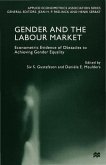This book focuses on a question that has attracted substantial attention in recent years, is globalisation leading to more inequality, notably in advanced economies?The consensus view is largely yes fx supported by leading international organisations such as the OECD and IMF.In this book, the author challenges the robustness of these claims. The purpose is straightforward. First, a too simple reading on the effects of globalisation may lead to the wrong policy answers such as erecting barriers to trade, even when it clearly benefits consumers. As importantly, it may also distract attention from addressing the clear and observable challenges many countries are facing: notably economic activities being increasingly concentrated in the most prosperous areas and educational systems failing to provide the work force with the skills to succeed in the labour market. Arguably, these very domestic policy failures are key contributors to the emerging economic and political tensions in manyOECD countries, with global trade playing a real minor role. The book also draws some policy conclusions. Notably what should international economic regulation focus on, notably in the domain of trade related policies, and what can largely be delivered at local level, even well below the national level.
Hinweis: Dieser Artikel kann nur an eine deutsche Lieferadresse ausgeliefert werden.
Hinweis: Dieser Artikel kann nur an eine deutsche Lieferadresse ausgeliefert werden.








